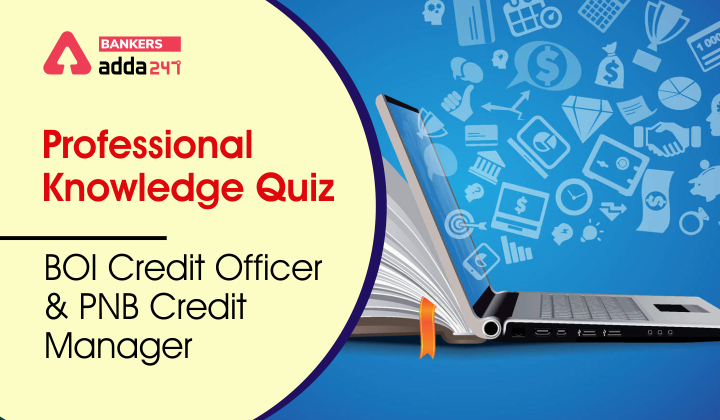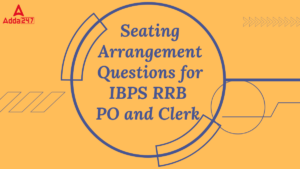Q1. Security market line shows the relation between the return of the stock and
(a) Return on the market portfolio
(b) Risk free rate of return
(c) Standard deviation of stock return
(d) Beta of the stock
(e) Variance of the stock returns
Q2. If a firm maintains its preferred debt-equity ratio and pays dividends only after meeting its investment needs, the firm is following a dividend policy which is referred to as a _____ dividend policy.
(a) stable
(b) residual
(c) constant
(d) remainder
(e) leftover
Q3. Project A has NPV of 4000 Rs. And an IRR of 6% and project B has NPV of 530 Rs and an IRR of 15%. Which project should be chosen?
(a) Only project A
(b) Only project B
(c) Both the projects
(d) None of them
(e) Insufficient information
Q4. A 10% coupon bond was purchased for Rs 1,000. One year later the bond was sold for 915 Rs. to yield 11%. The investor’s holding period yield on this bond is closest to:
(a) 9.0%.
(b) 1.5%.
(c) 18.5%.
(d) 12%
(e) 16%
Q5. Speculative motive of holding cash refers to
(a) Holding cash to utilize it in internal projects
(b) Holding cash for any future loss company is expecting
(c) Holding cash to avail any future investment opportunity
(d) Holding cash to utilize it for international project
(e) All of them
Q6. What is taken in the numerator of the Quick ratio?
(a) Current assets minus inventory and short term investments
(b) Current assets minus inventory
(c) Current assets minus account receivables
(d) Current assets minus Inventory and receivables
(e) Current assets
Q7. Which of the following is a measure of Debt Service capacity of a firm?
(a) Current ratio
(b) Interest coverage ratio
(c) Debtors turnover
(d) Acid test ratio
(e) Return on equity
Q8. Current ratio less than one means
(a) Current Liabilities < Current Assets,
(b) Fixed Assets > Current Assets,
(c) Share Capital > Current Assets.
(d) Current Assets < Current Liabilities
(e) Capital > fixed assets
Q9. A firm has Capital of Rs. 10, 00,000; Sales of Rs. 5, 00,000; Gross Profit of Rs. 2,00,000 and Expenses of Rs.1,00,000. What is the Net Profit Ratio?
(a) 20%,
(b) 50%,
(c) 10%,
(d) 40%.
(e) 30%
Q10. Inventory Turnover measures the relationship of inventory with:
(a) Average Sales
(b) Cost of Goods Sold
(c) Total Purchases
(d) Total Assets
(e) Net income
Solutions
S1. Ans. (d)
Sol. Security market line shows the relation between the return of the stock and beta of the stock.
S2. Ans. (b)
Sol. If a firm maintains its preferred debt-equity ratio and pays dividends only after meeting its investment needs, the firm is following a dividend policy which is referred to as a residual dividend policy.
S3. Ans. (a)
Sol. Project A has NPV of 4000 Rs. And an IRR of 6% and project B has NPV of 530 Rs and an IRR of 15%. Project A should be chosen.
S4. Ans. (b)
Sol.

S5. Ans. (c)
Sol. Speculative motive of holding cash refers to Holding cash to avail any future investment opportunity.
S6. Ans. (b)
Sol. Current assets minus inventory can be taken in the numerator of the Quick ratio.
S7. Ans. (b)
Sol. Interest Coverage Ratio is a measure of Debt Service capacity of a firm.
S8. Ans. (d)
Sol. Current ratio less than one means: Current Assets < Current Liabilities
S9. Ans. (a)
Sol.

S10. Ans. (a)
Sol. Inventory Turnover measures the relationship of inventory with Average Sales.





 GA Capsule for SBI Clerk Mains 2025, Dow...
GA Capsule for SBI Clerk Mains 2025, Dow...
 The Hindu Review October 2022: Download ...
The Hindu Review October 2022: Download ...
 Seating Arrangement Questions for IBPS R...
Seating Arrangement Questions for IBPS R...





